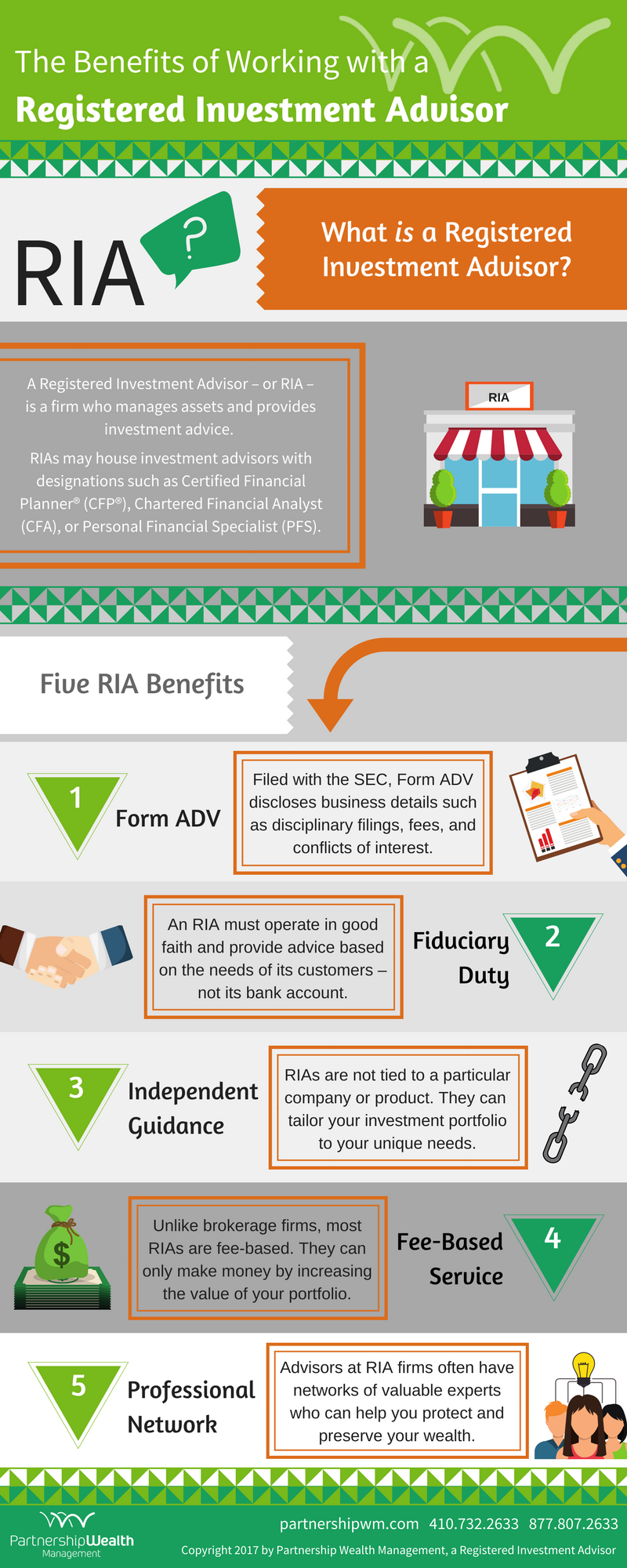5 Typical Misconceptions Concerning Surety Contract Bonds
5 Typical Misconceptions Concerning Surety Contract Bonds
Blog Article
Short Article Composed By-High Enevoldsen
Have you ever before wondered about Surety Contract bonds? They might seem as strange as a locked upper body, waiting to be opened up and discovered. However before you leap to conclusions, let's expose 5 usual misunderstandings about these bonds.
From assuming they are just insurance policies to presuming they're only for big business, there's a whole lot more to learn about Surety Contract bonds than meets the eye.
So, bend up and prepare to reveal the fact behind these misunderstandings.
Surety Bonds Are Insurance Plan
Guaranty bonds aren't insurance policies. This is a typical false impression that lots of people have. It is essential to comprehend the distinction between the two.
Insurance policies are made to safeguard the insured event from potential future losses. They give insurance coverage for a variety of threats, consisting of residential or commercial property damages, responsibility, and personal injury.
On the other hand, guaranty bonds are a kind of warranty that makes certain a specific responsibility will certainly be met. They're typically used in construction jobs to ensure that specialists complete their work as agreed upon. The guaranty bond gives monetary defense to the task owner in case the service provider falls short to satisfy their commitments.
Guaranty Bonds Are Just for Construction Jobs
Now let's shift our focus to the misconception that guaranty bonds are solely used in building and construction projects. While it holds true that surety bonds are typically connected with the building sector, they aren't limited to it.
Surety bonds are really used in different industries and markets to ensure that legal responsibilities are fulfilled. For instance, they're used in the transport industry for freight brokers and service providers, in the production market for providers and distributors, and in the service industry for professionals such as plumbings and electrical contractors.
Guaranty bonds give monetary defense and warranty that projects or services will certainly be finished as set. So, it's important to remember that guaranty bonds aren't exclusive to building and construction tasks, but instead serve as an important tool in various industries.
Surety Bonds Are Expensive and Cost-Prohibitive
Do not let the false impression fool you - surety bonds don't need to cost a fortune or be cost-prohibitive. Contrary to popular belief, surety bonds can actually be a cost-efficient service for your service. Here are 3 reasons guaranty bonds aren't as costly as you might think:
1. ** Competitive Prices **: Guaranty bond premiums are based upon a portion of the bond quantity. With tender bond of surety companies in the market, you can shop around for the very best prices and locate a bond that fits your spending plan.
2. ** Financial Benefits **: Surety bonds can really conserve you cash in the future. By giving a monetary guarantee to your clients, you can protect extra agreements and raise your company chances, inevitably leading to greater revenues.
3. ** Versatility **: Surety bond requirements can be customized to meet your particular demands. Whether you require a small bond for a single project or a larger bond for continuous work, there are choices available to suit your spending plan and company demands.
Surety Bonds Are Only for Huge Firms
Lots of people mistakenly believe that just large companies can benefit from guaranty bonds. However, this is an usual misunderstanding. Guaranty bonds aren't exclusive to big companies; they can be useful for organizations of all sizes.
Whether you're a small company proprietor or a professional starting out, surety bonds can give you with the needed financial security and reputation to safeguard agreements and jobs. By getting a surety bond, you show to clients and stakeholders that you're trustworthy and with the ability of meeting your responsibilities.
In addition, guaranty bonds can help you establish a record of effective projects, which can additionally boost your online reputation and open doors to new chances.
Surety Bonds Are Not Required for Low-Risk Projects
Guaranty bonds might not be deemed necessary for jobs with reduced risk levels. Nevertheless, it is essential to recognize that even low-risk tasks can run into unanticipated problems and complications. Here are 3 reasons why guaranty bonds are still advantageous for low-risk jobs:
1. ** Defense versus service provider default **: Regardless of the project's low risk, there's always a chance that the service provider might fail or fall short to complete the work. A surety bond assurances that the task will be completed, even if the contractor can not meet their obligations.
2. ** Quality control **: Guaranty bonds need professionals to fulfill certain standards and requirements. This guarantees that the work carried out on the task is of top quality, regardless of the danger degree.
3. ** Satisfaction for task proprietors **: By getting a guaranty bond, job owners can have assurance recognizing that they're protected economically which their task will be completed successfully.
Even for low-risk tasks, guaranty bonds supply an included layer of protection and confidence for all parties entailed.
Verdict
In conclusion, it is very important to unmask these usual misunderstandings about Surety Contract bonds.
Guaranty bonds aren't insurance policies, they're a type of financial warranty.
surity bond for building and construction projects, but also for numerous sectors.
Surety bonds can be cost effective and obtainable for business of all dimensions.
In go to this website , a local business proprietor in the building and construction sector, let's call him John, was able to protect a guaranty bond for a federal government project and efficiently finished it, boosting his track record and winning even more contracts.
